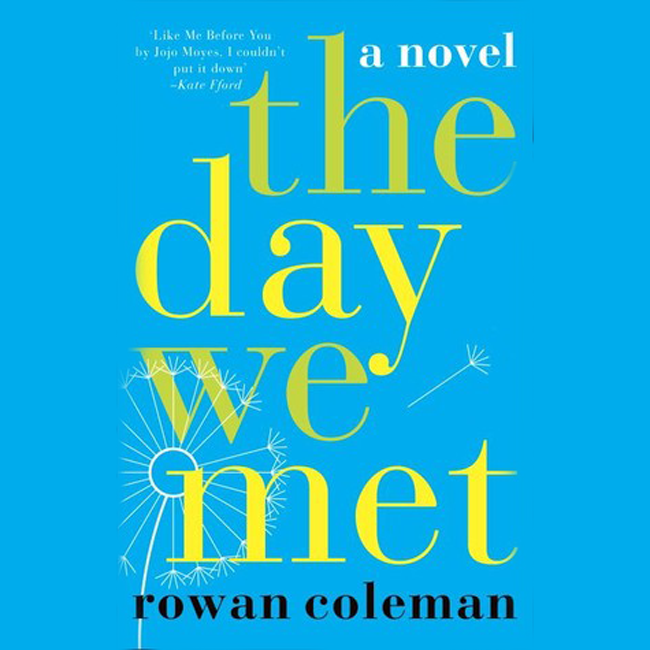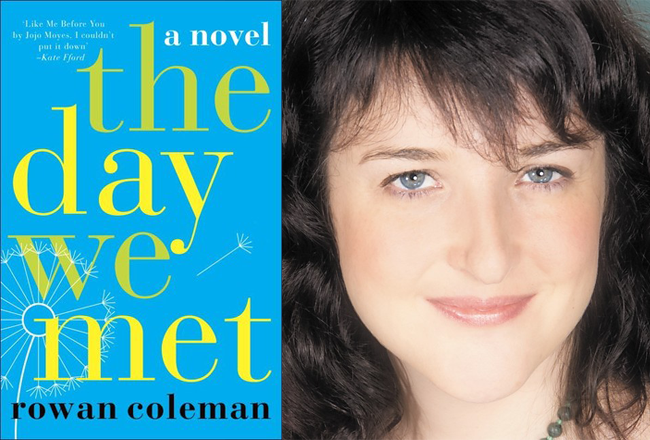My niece is 17 years old yet my sister remembers her birth with acute accuracy. It was the most horrible experience of her life, she claims. Now obviously the end result is the best thing that’s ever happened to her, but the process of getting there? Sheesh.
My sister never intended on having a natural birth. She was enough of a martyr during the pregnancy and had no qualms about asking for some relief during the actual birthing process. The problem? She was too dilated by the time the doctor came back with the epidural. Thus, the horrible experience commenced.
After it was all over I asked my sister if she’d ever go through it again. Her response was something along the lines of, “What kind of freak would ask me a question like that right now?”
Memories are tricky. My sister’s memories of giving birth nearly two decades ago are clear, yet she can’t remember, without some contemplation, what she had for lunch yesterday (okay, that may be a bit of an exaggeration, but you get the idea). Why is it that we remember some past events with such accuracy but block others out? Perhaps it has something to do with the intense emotions we experience at the time. I’ve also heard that our sense of smell triggers more memories than any of the other four. I believe it. Every time I smell something musty and damp I’m transported right back into my grandparents’ basement.
Few things in life are as frustrating as not being able to remember something. I’ve experienced forgetting names, facts, numbers, and relatively minute day-to-day details. My memory usually comes rushing back with a start in the middle of the night and I’m left with the sheer relief of knowing that I’m not losing my mind.
Claire, in The Day We Met, is experiencing that relief less and less. Victim to early on-set Alzheimer’s Disease, Claire, a free-spirited, passionate, intellectual woman, is desperate to hold on to the happy life she leads with her husband and children. Understandably terrified of the fogginess enveloping her thoughts, she begins recording her memories in a journal.
Caitlin, Claire’s 20-year-old daughter, is struggling with her own issues. At the cusp of womanhood, Caitlin is facing serious choices about her future and longs for advice from the mother disappearing before her eyes. To make matters worse, Claire’s AD is hereditary and Caitlin must decide if she wants to be tested for the gene.
Ruth, Claire’s mother, has already nursed one AD patient: her husband, Claire’s father. Ruth’s just begun an active social life again when her daughter is diagnosed. Well accustomed to the dangers to which AD patients fall victim, Ruth moves in with Claire in an effort to keep her safe.
The Day We Met is a poignant story of three generations of women impacted by a frightening, dehumanizing disease. It is a story that demonstrates with heartbreaking reality that a disease victimizes far more than just its carrier; it is story that calls into question whether we can continue to care for people whom we no longer remember; it is a story that reminds us that life is difficult and messy and unfair, that memories are precious, and that love, despite everything else, is pure and enduring.
Rowan Coleman is a best-selling author. The Day We Met is her twelfth novel. Ballantine 2015.


great